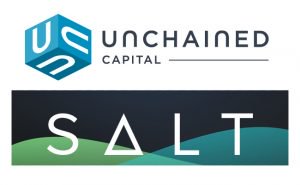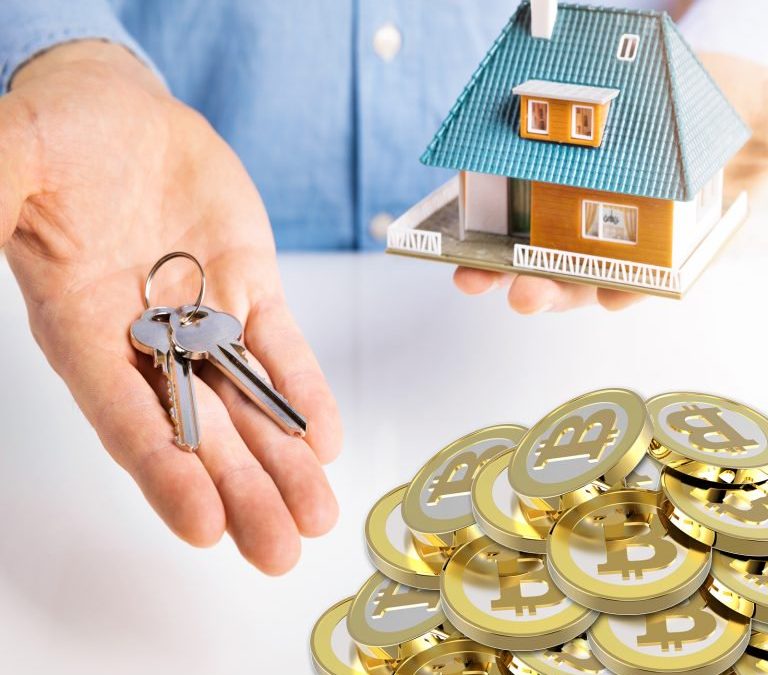There’s been a lot of hype surrounding purchasing real-estate with cryptocurrencies like bitcoin. However, even though bitcoin has spiked considerably in value using the asset for purchasing properties and homes is not so easy.
Also read: Dancing With the Devil: ‘Cashing Out’ Cryptos Into Fiat Not So Easy
Bitcoin Real Estate Purchases Come With Difficulties
 Lately, there’s been a considerable amount of attention given to cryptocurrency entering the real-estate industry and homes for sale priced in bitcoin. Earlier this year Sotheby’s International Realty sold a luxury Austin, Texas home for bitcoins, and in Miami, a 950-square foot condo is selling for roughly 60 BTC. There are also more extravagant sales out there in the real estate market as well as bitcoiners can now purchase an abandoned prison facility for around 88 bitcoins. Although, according to the publication Mansion Global, many real estate agents and attorneys have revealed that offering to purchase a home with bitcoin may come with some issues.
Lately, there’s been a considerable amount of attention given to cryptocurrency entering the real-estate industry and homes for sale priced in bitcoin. Earlier this year Sotheby’s International Realty sold a luxury Austin, Texas home for bitcoins, and in Miami, a 950-square foot condo is selling for roughly 60 BTC. There are also more extravagant sales out there in the real estate market as well as bitcoiners can now purchase an abandoned prison facility for around 88 bitcoins. Although, according to the publication Mansion Global, many real estate agents and attorneys have revealed that offering to purchase a home with bitcoin may come with some issues.
For instance, most BTC to real estate purchases are treated like an “all-cash” buy, and users usually transact between wallets or a payment facilitator like Bitpay. Due to the type of transaction, both parties will need a lawyer for the closing of the deal and it’s likely they will only accept fiat. In addition to having lawyers present, the two parties also have to utilize an underwriter and an insurance company as well. Moreover, some real estate deals have been made but fell by the wayside due to bitcoin’s price fluctuations.

The Complexity of Lawyers, Titles, Underwriters, and Potential Tax Implications When Purchasing Real Estate With Cryptocurrency
The San Francisco-based Redfin real-estate agent, Carina Isentaeva, explains to the publication that not all cryptocurrency home purchasing attempts close their deals. Isentaeva dealt with a home sale in Silicon Valley that fell through because the buyer couldn’t sell his bitcoins by the time of the closing day. There are also tax implications involved in many different countries, as the U.S. requires 20 percent capital gains and more for the net cryptocurrency investment appreciation. Some potential buyers have had troubles with people who have had second thoughts about accepting bitcoin as well.
Some Bitcoiners Are Opting for Collateralized Loans

Bitcoiners with enough funds to purchase a home must then find a brokerage service or merchant processor to convert their cryptocurrency back to fiat reserves. Another option for cryptocurrency buyers is securing a collateralized loan with their bitcoins, but there’s not that many companies or financial institutions offering this type of service. Collateralized cryptocurrency loan companies are far and few between but there are a few startups like Salt Lending and Unchained. The firm Unchained Capital based in Austin Texas is a company that’s been offering loans that are backed by the buyer’s crypto assets.
“Unchained allows bitcoin owners to borrow up to $1 million with interest rates between 10% and 14% — The company has gone all the way up to $5 million in rare instances,” explains Joseph Kelly, the co-founder, and CEO.
The Unchained executive explains the company has also finalized longer-term contracts and has seen quite a few customers use the loan service for real-estate purchases. “We see a lot of people getting cash for a downpayment,” Mr. Kelly noted.
What do you think about the challenges presented when trying to purchase or sell real estate using cryptocurrencies? Let us know what you think in the comments below.
Images via Shutterstock, Bitcoin.com, Pixabay, Unchained, and Salt Lending.
Make your voice heard at vote.Bitcoin.com. Voting requires proof of bitcoin holdings via cryptographic signature. Signed votes cannot be forged, and are fully auditable by all users.
The post From Mansions to Prisons: Bitcoin and Real-Estate Doesn’t Mix So Well appeared first on Bitcoin News.














